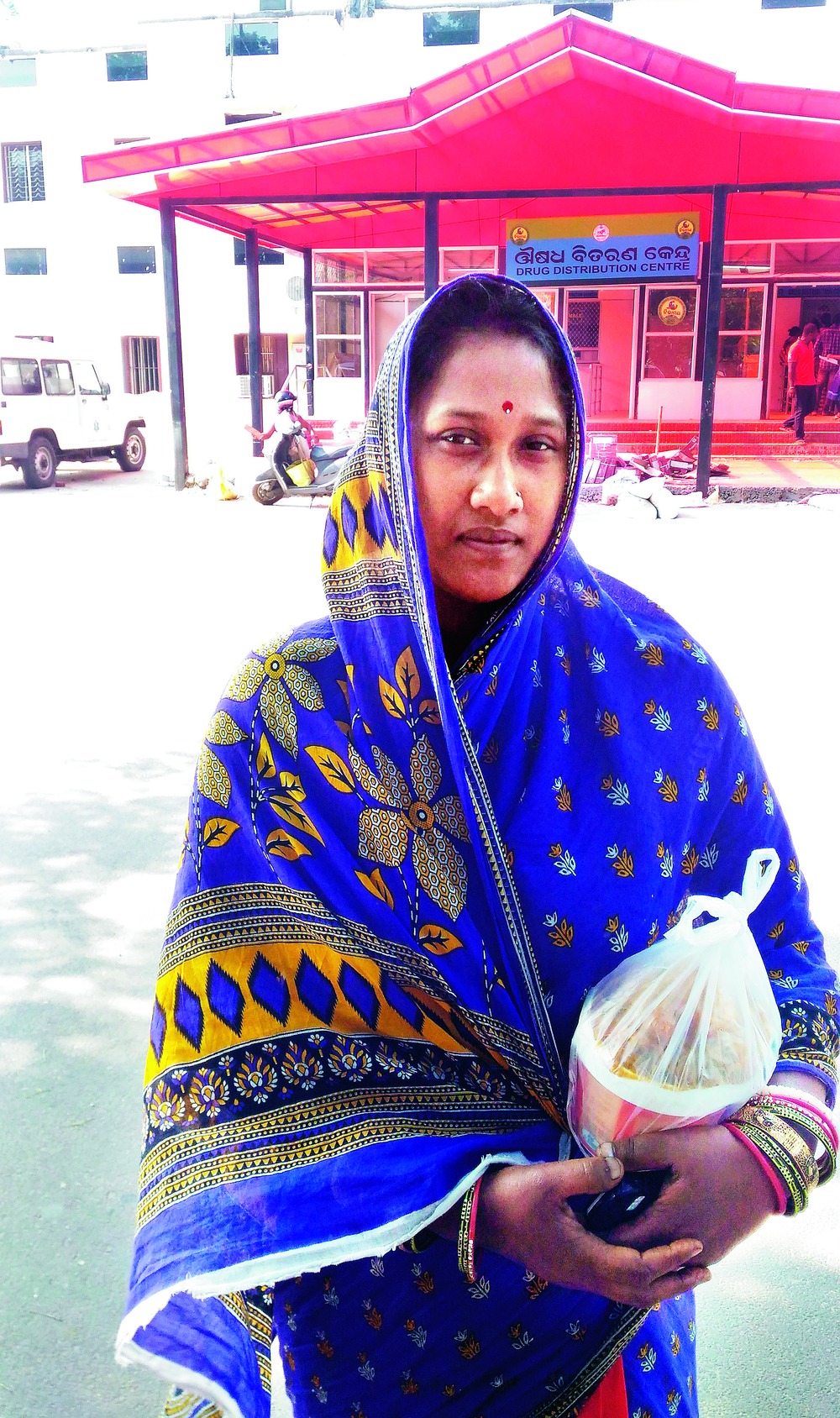
The Reserve Bank of India and the Union finance ministry issued a circular to banks and post offices that while exchanging demonetised Rs 500 and Rs 1,000 notes, indelible ink should be marked on the right hand index finger of the person concerned.
This procedure, the circular said, would be introduced first in the metro cities and expanded to other areas later.
Hundreds of people were turned away from several Bhubaneswar banks, both nationalised and private, when they went there to exchange the demonetised notes of Rs 500 and Rs 1,000 on Wednesday because the indelible ink was yet to arrive.
Sandeep Dwivedy of The Telegraph visited the branches of five banks in Bhubaneswar- ICICI Bank, HDFC Bank, State Bank of India, Allahabad Bank and Indian Bank - and found that all of them were turning away people who had come to exchange their old notes because none of them had received the indelible ink.
Lakshman Rahul Juvvala, 30, a software professional, visited the Old Station Square branch of Allahabad Bank to exchange old currency notes. " I was refused by the bank staff because they did not have indelible ink. I later visited Axis Bank at Rasulgarh and got the same response there," Juvvala said.
A bank official said his branch did not receive any circular from RBI regarding the use of indelible ink for exchanging notes. "We are refusing customers who exchange notes as the government had made it mandatory to use indelible ink for exchanging notes. We simply did not want to take any chances," he said.
Like Juvvala, Mamata Behera, 32, a grocer from Puri, had a harrowing time on Wednesday because of the banks' stricture.
Behera's son is undergoing treatment at Bhubaneswar's Capital Hospital and needed to exchange her old notes. She spoke to The Telegraph about her ordeal as two banks turned her away for lack of indelible ink.
I had to admit my son at Capital Hospital as he had been suffering from fever and loose motions. I brought my son to the hospital on November 13 after being referred by the Puri district headquarters hospital.
Following the Union government's demonetisation move, it has already become an uphill task to get the scrapped notes exchanged or use ATM machines to withdraw cash in Puri.
I run a grocery store in Puri and had brought around Rs 4,500 in cash for my son's treatment.
However, I soon ran out of the cash because of the expenses incurred in travelling and medicines. I thought I would get some scrapped Rs 500 notes exchanged for Rs 2,000 in Bhubaneswar, as my son would be discharged today. I also had to make arrangements for our return journey to Puri by bus and buy some medicines.
But, when I approached a State Bank of India branch in the city around 11am on Wednesday, an employee told me that currency exchange was not possible because they did not have indelible ink. Since I have been staying at the hospital for the past three days, I did not know that indelible ink that is used for voting would now be used for exchanging notes.
Around 11.25am, I visited another SBI bank branch and got the same response.
Left with no option, I decided to withdraw cash from my account. Again I could not do it due to the heavy rush at the banks.
At last, I called up my brother, who stays at Khandagiri. He brought his debit card. However, he, too, was unable to withdraw cash from any ATM in the area where he stays. To make matters worse, the ATMs at Capital Hospital and Sishu Bhavan Square had also run out of cash.
I do not have a debit card or else I could have used it to at least hire a taxi.
My brother suggested that he would pay for the return journey with his card. As there was no other option, I agreed.
But, I wanted to explore one more option before giving up. I called up my husband's friend, who stays at Jharpada. He was kind enough to come to the hospital and give me Rs 2,000. He said the old notes could be exchanged at the Reserve Bank of India's Bhubaneswar office. But how could I have known that? I thought only banks and post offices were exchanging notes. The ordeal that started at 11 in the morning finally ended at 3.30pm.
The fact that the government has decided to use indelible ink for currency exchange baffles me. Why should someone stand in a queue and get inked to get his or her own money? People like me, who do not have a debit card, are the worst sufferers of this exercise.
The government should not come up with a new decision every day without realising how it would affect the common man.











